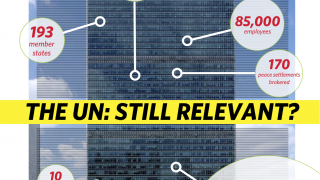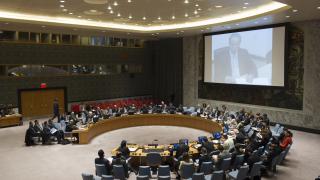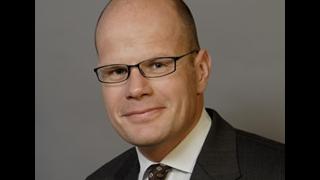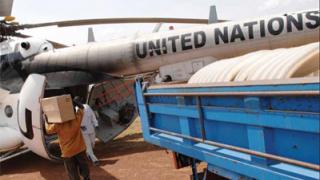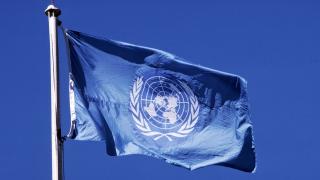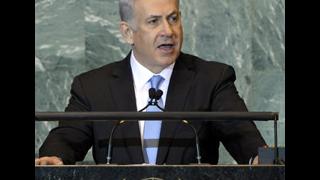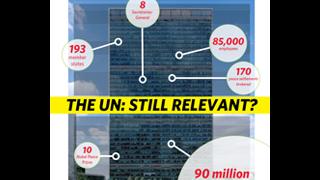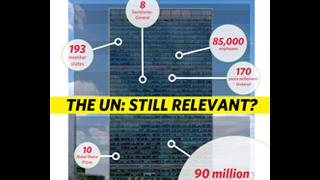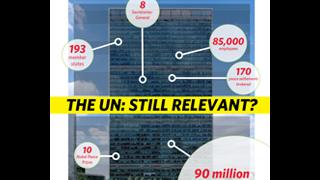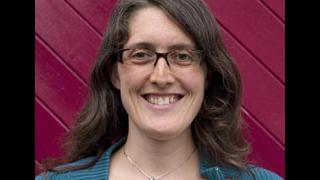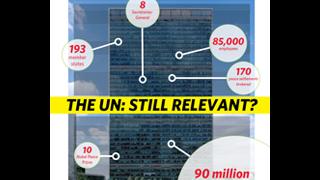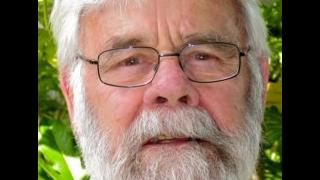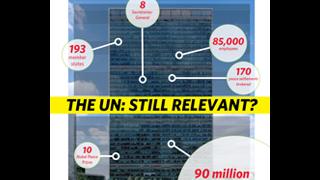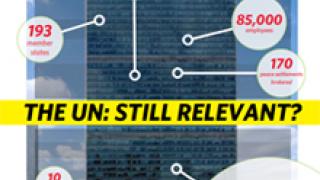
UNA-UK young professional Aaron Akinyemi reports on the 64th annual UN DPI/NGO conference in Bonn
The issue of sustainability has never been more pressing: harrowing images of natural disasters are ever-present on our television screens, small island states call for global action to stem the effects of climate change, and the world's population is expected to breach the 7bn mark this year. Therefore, the theme of the 64th annual UN DPI/NGO conference – "Sustainable societies, responsive citizens" – could not have been more apt.
Held in Bonn from 3 to 5 September, the conference attracted more than 2,100 NGO representatives from all over the world. Its aim was to galvanise action to address the developmental, economic and social challenges posed by climate change. Particular emphasis was placed on preparations for next year's "Rio+20" conference, which will mark the 20th anniversary of the 1992 UN Conference on Environment and Development.
I travelled to Bonn as a member of UNA-UK's delegation. Led by Communications & Campaigns Officer Ben Donaldson, the delegation included representatives of the Young Professionals Network and UNA Youth. Our mission was to forge relationships and gather ideas for UNA-UK on the two Rio+20 themes: a green economy in the context of poverty eradication and the institutional framework for sustainable development.
After an opening address by Ban Kimoon, we heard from a host of speakers. Achim Steiner, Executive Director of the UN Environment Programme, spoke about the dangers of viewing ecological and economic concerns as mutually exclusive, underlining the need to address these issues under a single "developmental umbrella". Felix Dodds, one of the conference co-chairs and head of the NGO Stakeholder Forum, stressed the importance of holding leaders to account.
Throughout the conference, the sub-theme of indigenous communities caught my attention. Victoria Tauli-Corpuz of Tebtebba, the Indigenous Peoples' International Centre for Policy Research and Education, stressed how much we have to learn from these communities, which have been living sustainably since time immemorial. This tied in with a workshop run by Aram Ziai of the University of Bonn, who outlined the differences in North-South perceptions of development.
But in my opinion, it was campaigner Vandana Shiva who stole the show. Shiva, who founded Navdanya International – a network of seed keepers and organic producers in India – made an impassioned plea on behalf of the world's most marginalised people. She castigated global leaders for spending $16tn on bank bailouts instead of using it to protect our planet and its poorest inhabitants. Her unapologetic denunciation of corruption and corporate greed met with rapturous applause.
As the world prepares for Rio+20, Shiva's words gave me the most hope: "Alternatives have become an imperative. And alternatives will be created by society. They won't come from the top – they will come from the bottom."
Aaron Akinyemi is a freelance journalist and member of the UNA-UK Young Professionals Network. For more information on the 64th UN DPI/NGO conference, including the conference statement, visit www.un.org/dpingoconference.


